
"Wear many hats but design all of them"
So at the beginning of the week the celebrity’s celebrity Beyonce turned 42. And the world went wild! Queen Bee had a star-studded guestlist both on and off the stage at one of her LA shows on her Renaissance tour.
After asking the world to wear Chrome for her big day, socials were awash with celebrities going metallic in her honour. Not one to be left out, even major brands were pulling together collections of silver outfits and trying to rake in the cash right along with her.
I’m not sure how Yonce copes with being Yonce. In The Judgement Edition of The Week Unboxed
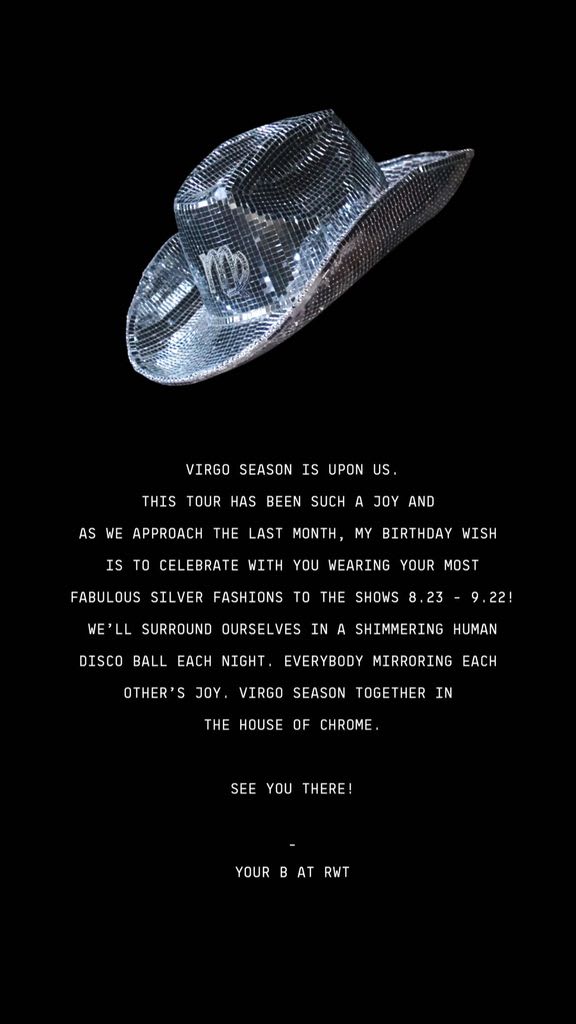
I mentioned how one of her songs is being used in classrooms to quiet down kids. For one person to hold such power is kinda scary. I’m mad that whilst I like Beyonce – though not embedded in The Hive (her fan club) – three editions of TWU refer to her. To be fair she is currently touring one, if not, the biggest tours of all time. I still don’t love the depths of her infiltration.
I think what’s not spoken about nearly enough is Beyonce as a strategist. Whilst I’m firmly in the Rihanna camp when it comes to brand and business development, Bey too must be acknowledged. Between her philanthropic work with Beygood Foundation and her partnership with Ivy Park which recently ended, Beyoncé has been managing her finances. I’m anticipating a streaming bonanza once the tour is done. In a similar vein to her Coachella debut streaming on Netflix, there’s still money to be made from this tour.
However the distinct difference between the business approaches of these two artists: Bey is what Rich Dad Poor Dad author Robert Kawasaki calls a self-employed employee to Rihanna’s true entrepreneur status. Beyoncé exploits her ever-growing omnipotence, her sustainability grounded largely in her music whereas Rhi Rhi focuses more on diversifying her portfolio much to the annoyance of the fans waiting for another album. Her personal brand propels her business forward without her having to be on the music treadmill, ultimately earning her billionaire status.
GOLD STANDARD PROGRAMMING: NETFLIX’S WE ARE BLACK AND BRITISH
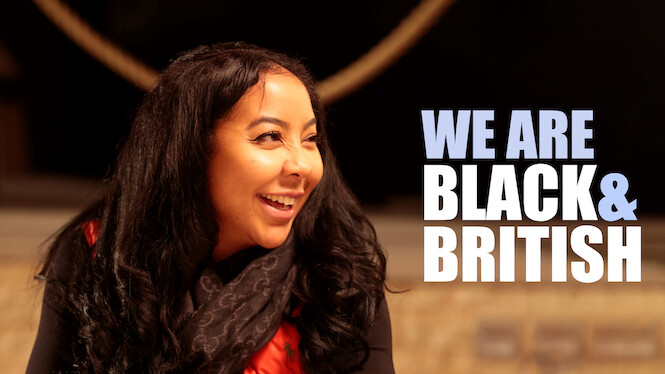
I watched Black and British for the first time last week. However, I sat down for a second time to watch it with the family. The premise is that six Black people bring their unique lived experiences to a house in the Cotswolds and discuss what it means to be Black and British now. They cover everything from sexuality, relationships, employment, education, intercultural racism and policing.
What makes this programming so interesting is hearing the different perspectives of each person’s approach. A real demonstration of the fact that Black people are not a monolith, they debate a question related to each person’s personal experience and then head into society to see how they apply in the real world.
I was particularly taken by their trip to South London school, Lilian Baylis, where they have adopted an anti-racist approach effectively decolonising the national curriculum and immersing their students in their culture. The school performs a whole fifteen per cent higher than the national average when it comes to GCSEs. When I was at school, Lillian Bayliss was not the one. So, to see the benefits to the young people that attend is phenomenal.
The debates themselves amongst the participants were also interesting. From Dominique, who at 22 seemed to still retain her youthful sensibilities that the world doesn’t primarily see colour to ‘radical’ Kehinde who is nowhere near as radical as he is painted as he highlights and advocates for systems that have been tried and tested, succeed, then destroyed by outsiders in fear of its power. Think Black Wall Street in the US as an example.
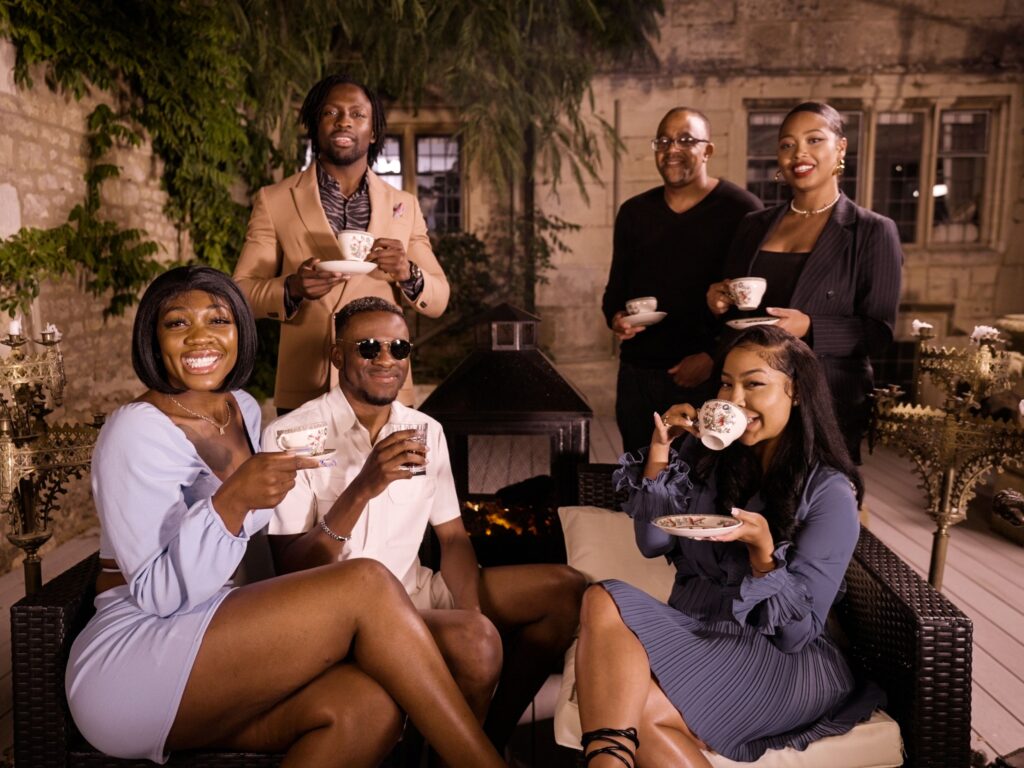
They also talked about the challenges affecting us like the fear you carry every day as a Black mother of boys when practices like stop and search exist and threaten the safety of our Black boys and men when dealing with the police. This is a poignant reminder as we acknowledge the one-year anniversary of Chris Kabba, who was shot and killed by the police in his car.
Black people in the workplace was another topic with some of the younger people in the group citing change takes place by being a part of said change from within or hitting organisations in the pocket by taking them to tribunal. They met Anne Giwa-Amu, who received one of the highest tribunal payouts in the UK against the Department of Work and Pensions.
She discusses her trauma going through the process and talks about how she wouldn’t do it again, and this is the point I’m glad was hammered home. Changing institutions from the inside only works when you have allies and a senior leadership team that’s committed to change. I miss the naivety and confidence of youth.
What made this two-part series particularly strong is that it addresses the conversations we should be having as a community instead of the ones we’re always drawn into to help those who don’t look like us to feel like they’re less racist than others. It also looks at generational and geographical experiences and how they shape individual experiences.
GOLDEN MOMENT: BLACK CULTURAL ARCHIVES CO-PRODUCE BLACK BRITISH DIGITAL EXHIBIT WITH GOOGLE
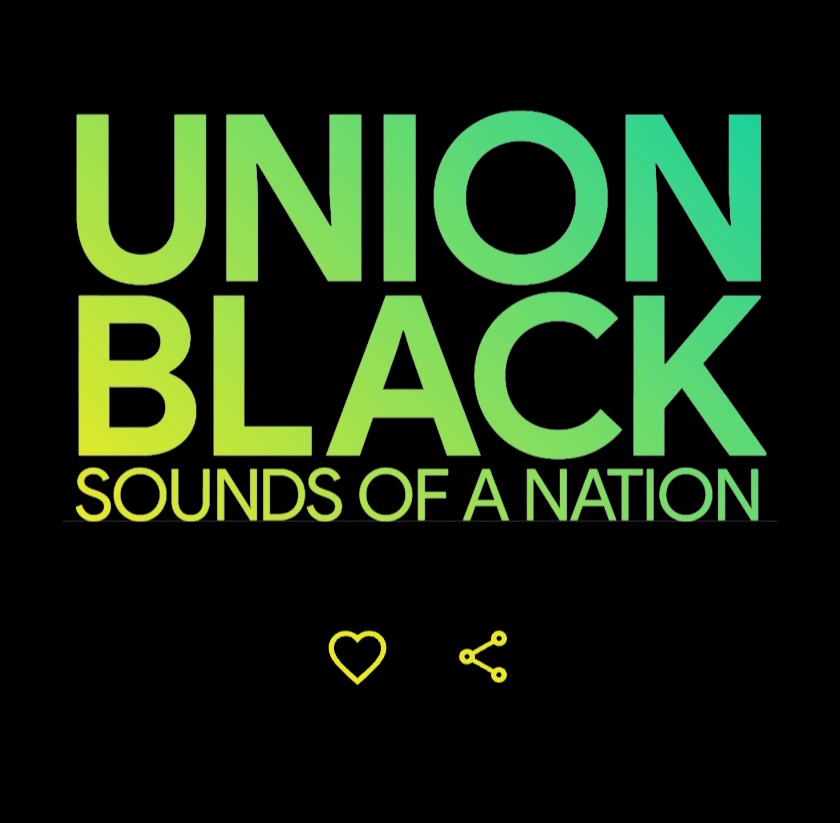
So I came to brag and let it be known it will be unapologetically loud. Congratulations are in order for Academic and Archivist Dr Hannah Ishmael and the team at the Black Cultural Archives in London. Alongside Google and several other partners, they recently released Union Black, a celebration of Black British Music.
In the year that has been celebrating 50 years of hip-hop, it has been all things Black and music. Google Arts and Culture has always been a beautiful resource, but there’s something potent about seeing our stories and knowing some of the contributors. My agency worked with Black Cultural Archives for almost three years, and one of my favourite things is being in the presence of accomplished and learned women.
Boasting a high-value team, Black Cultural Archives’ contributions to documenting our history can never be denied. Dr Hannah Ishmael is an important part of Black Britain’s academic history, especially in a country where whole exhibitions are created to celebrate the few Black female professors in the academic space. Curated by Dr Nicola Rollock, Phenomenal Woman is a striking exhibition – which to me – was born out of a necessity to acknowledge, preserve and celebrate the achievements of these women, to prevent their erasure from the academic landscape.
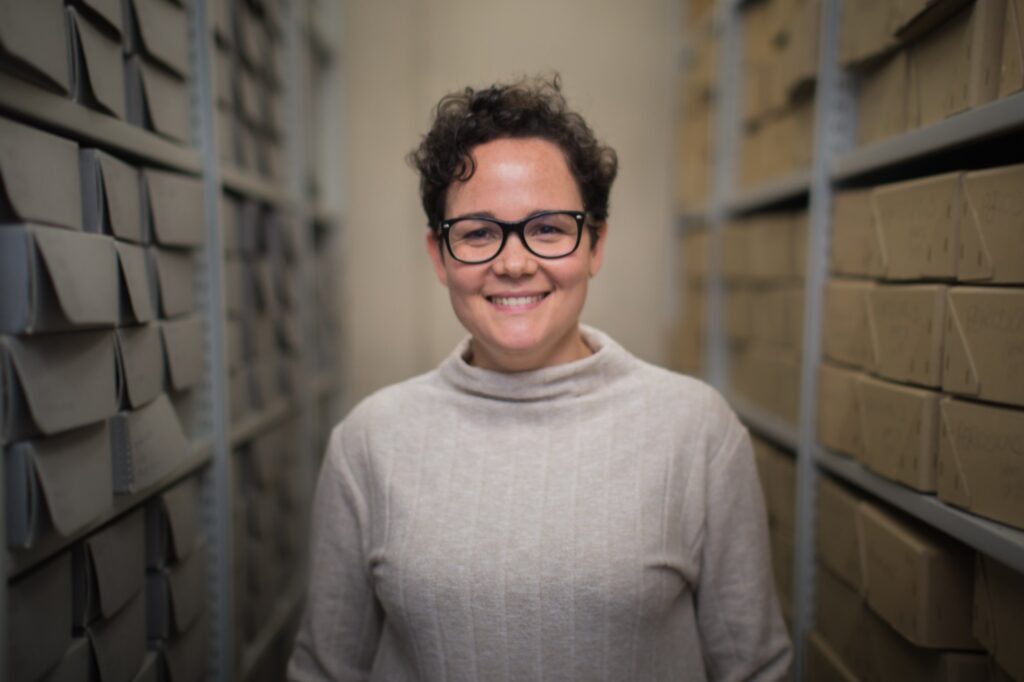
Though not a professor, Dr Ishmael is an archivist and one of the few Black women to thrive in an industry often closed off to people of colour due to the expense of training and few professional development opportunities.
So when you go on to experience Union Black, don’t only bask in the glow of Black musical achievement and heritage but in knowing that there are incredible Black women who brought it to life.
AND ON THAT NOTE….
ISATA KANNEH-MASON WOWS…NATURALLY…
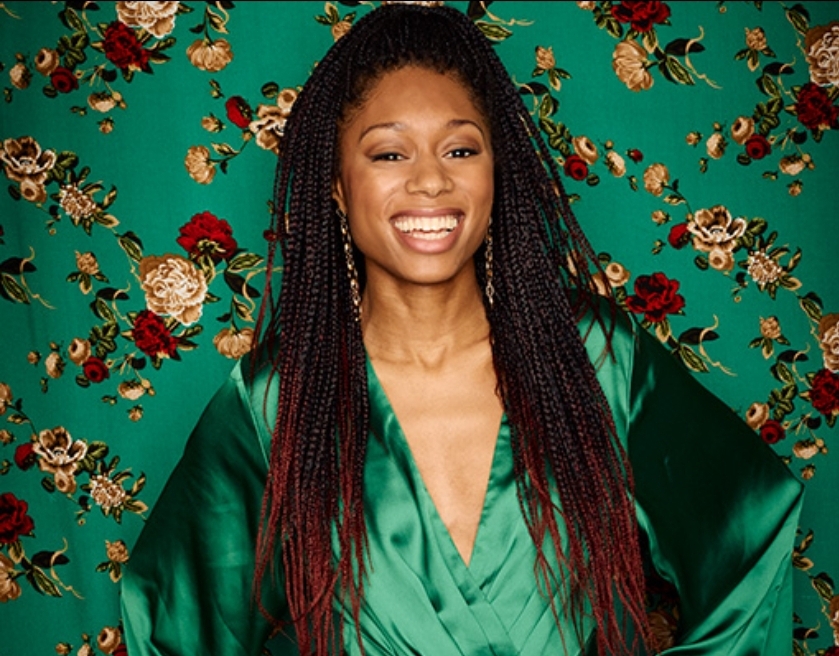
Talking about excellence, I had to end this edition with plain brilliance. Now, for full transparency, I know I’m biased as the Kanneh-Masons are in part Sierra Leonean. As a Sierra Leonean woman, it’s always a point of celebration for me when we’re known for more than our history of blood diamonds, child soldiers and, more recently, Idris Elba.
According to their website, “The Kanneh-Masons are seven brothers and sisters ranging in age from 25 to 12 years old, all of whom play either violin, piano, or cello.” The family first came to prominence when brother Sheku began his public career ultimately playing at the wedding of the Duke and Duchess of Sussex (or Harry and Megan to those of us who still rock with them since their emancipation).
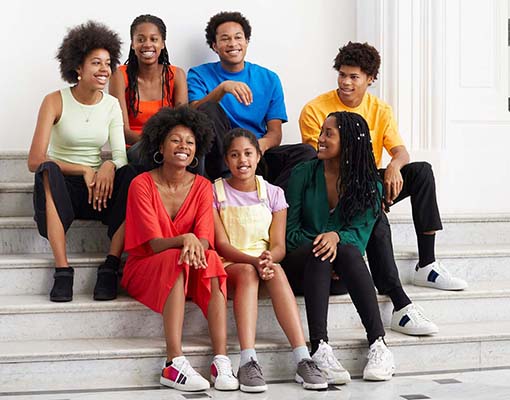
Below is footage from this year’s BBC Proms where Isata is playing Prokofiev’s Piano Concerto No. 3. My chest burst with pride. Though they undoubtedly exist, it’s rare for me to see a young Black woman in this space on such an esteemed platform. So to continue my bragging trend, here is Isata, doing the whole damn thing.
Pingback: THE WEEK UNBOXED: DISCOVERY EDITION -
Pingback: The Week Unboxed: Media & Culture Edition -